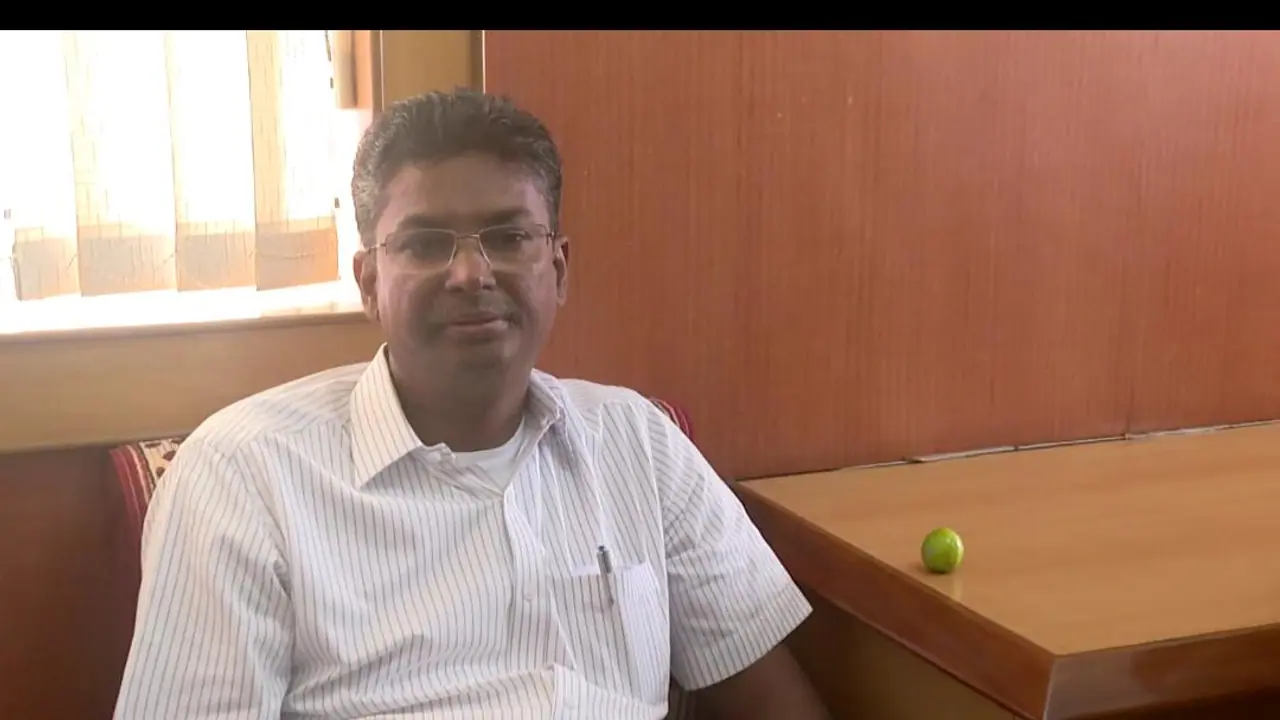In a move that has ignited controversy, Satish Jarkiholi, the in-charge minister of Belagavi in Karnataka, has announced plans to divide the district for administrative efficiency. The proposal, aimed at providing easier access to administrative offices, is facing resistance from various quarters.
A similar proposal had come in 1997 when JH Patel was the chief minister, up. However, it was shelved when Vatal Nagaraj, the then MLA and other Kannada organizations, vehemently opposed the idea. Patel agreed that any bifurcation or trifurcation of the sensitive Belagavi district can lead to unprecented consequences and then dropped the proposal.

However, people from Athani and Raibag regions currently have to travel significant distances to reach the deputy commissioner's office in Belagavi. The division idea has been mooted to address this issue and enhance administrative efficiency.
Opposition to the plan has been voiced by several Congress MLAs, including those from Bailhongal, Ramdurga, and Savadatti. They have vowed to gather public opinions before deciding on the matter.
Kannada organizations in Belagavi have issued a stern warning of a statewide protest until the border dispute with Maharashtra is resolved in the Supreme Court. They argue that the proposed division could have unintended consequences and potentially empower Marathi-dominated areas.
Deepak Gudadanatti, the Belagavi district president of Karnataka Rakshana Vedike, fears that the division might fuel demands for merger into Maharashtra, similar to previous instances where the Maharashtra Ekikaran Samiti (MES) won local body elections and advocated for such a merger.
It's important to note that a similar proposal to divide Belagavi district was raised in 1997 but was withdrawn due to widespread protests and the condition that the district would remain intact until the border dispute with Maharashtra was settled in the Supreme Court.
The Maharashtra Ekikaran Samiti (MES), which aims to merge Marathi-speaking areas in Karnataka with Maharashtra, sees the proposed division as an opportunity to regain political influence and control over language-related matters.
The government's reasoning for the division has been challenged by critics who believe that deputy commissioners and superintendents of police are well-equipped to manage a district of this size and population.
As the debate continues, the potential consequences of the district's division and its impact on the linguistic and administrative landscape remain points of contention.
